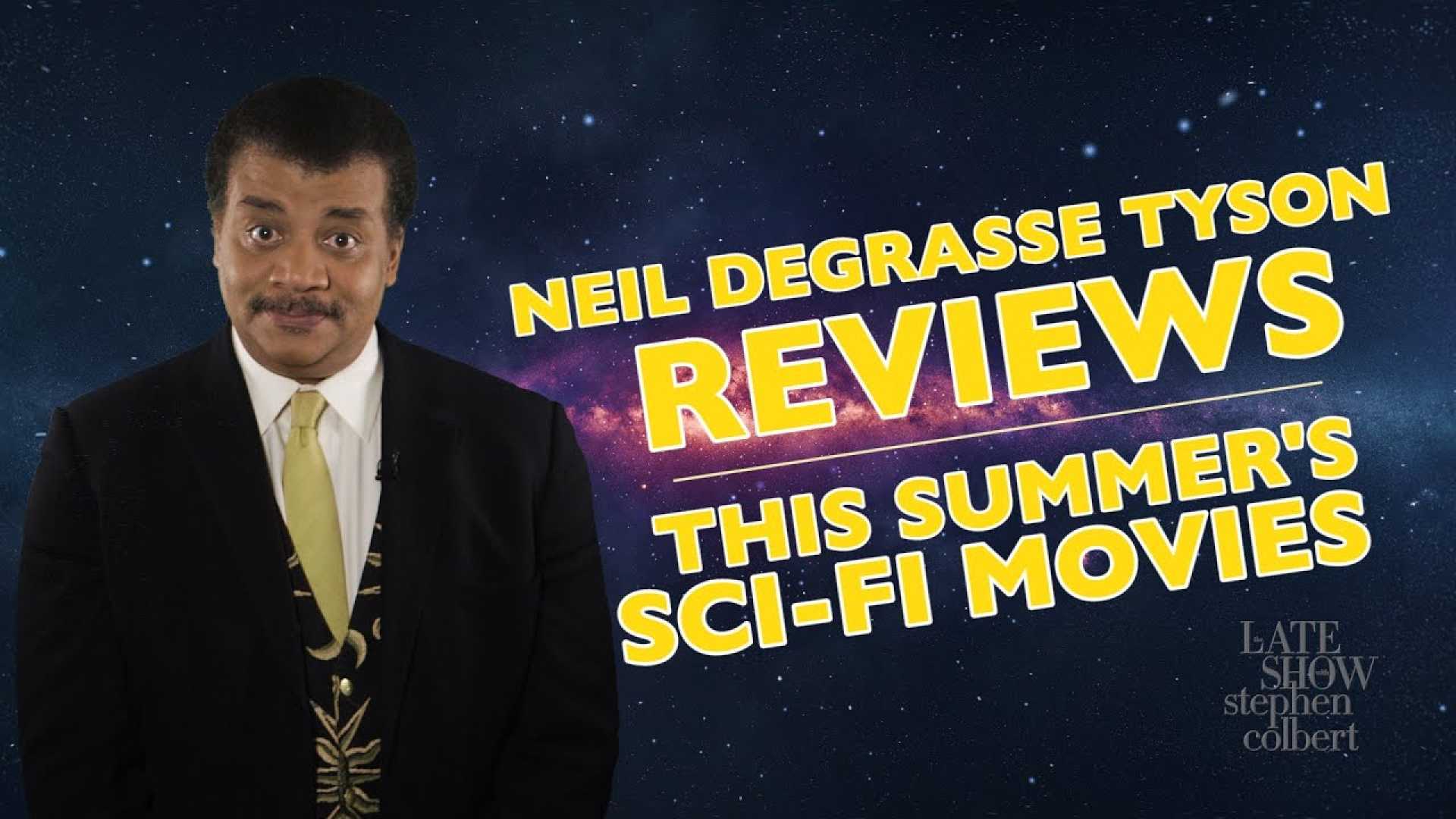Entertainment
Neil deGrasse Tyson Critiques Hollywood’s Most Inaccurate Sci-Fi Films

NEW YORK — Celebrated astrophysicist Neil deGrasse Tyson has long been a vocal critic of scientific inaccuracies in Hollywood films, particularly in the sci-fi genre. While he acknowledges that the primary goal of these movies is to entertain, Tyson believes that greater attention to scientific accuracy could enhance both the storytelling and educational value of these blockbusters.
In a recent interview, Tyson highlighted several films that he considers egregiously inaccurate, including Michael Bay‘s 1998 thriller “Armageddon” and Roland Emmerich’s 2022 disaster film “Moonfall.” Tyson famously criticized “Armageddon” for its implausible premise of oil drillers being sent to destroy an oncoming comet, calling it “the most brazenly unscientific sci-fi film ever made” at the time.
However, Tyson now reserves his harshest critique for “Moonfall,” which he described as surpassing even “Armageddon” in its disregard for physics. The film, starring Halle Berry and Patrick Wilson, features a plot in which the moon is revealed to be a hollow superstructure housing an alien civilization. Tyson quipped on the “Jess Cagle” show, “I thought ‘Armageddon’ had a secure hold on this crown. But apparently not.”
Tyson also pointed out common scientific errors in space-themed movies, such as the use of artificial gravity and sound in space. “A physicist would point out that a ship would need to be laterally spinning to keep its denizens stuck to the floor,” he explained. “And, of course, any science student would tell you that there’s no sound in space.”
Despite his critiques, Tyson acknowledges that some films get it right. He praised Ridley Scott‘s 2015 film “The Martian” for its realistic portrayal of space travel and physics. “Tyson loves ‘The Martian,’ as it actually explores real physics and practical space travel concerns,” said a source close to the astrophysicist.
Tyson’s critiques are not meant to spoil the fun but to encourage filmmakers to strive for greater accuracy. “He’s merely trying to get readers to read more physics books,” the source added. Tyson himself has even ranked sci-fi movies based on their scientific accuracy, citing films like “The Matrix,” “Contact,” and “Interstellar” as examples of well-executed science fiction.
While Tyson enjoys pointing out the flaws in Hollywood’s portrayal of science, he also appreciates the entertainment value of these films. “Yes, one can nitpick the science of time travel, and how causality doesn’t work the way it does in Zemeckis’ film, but Tyson can have fun at the movies,” the source concluded.












